

Economy & Tourism : Vietnam’s Timeless Charm

Vietnam – Timeless Charm. This tagline has given Vietnam a strong international tourism identity over the past years. It signifies Vietnam as a beautiful Asian country with a wide array of charms to offer to its countrymen and foreign visitors alike. This beauty when probed deeper doesn’t only mean tourist attractions but covers wider societal aspects of the Vietnamese community.
Just like any other nation, Vietnam has its strengths and weaknesses yet what makes this country stand out is its perseverance to continue moving forward despite the challenges it has been facing throughout the years – may it be economically, politically, or socially. While it is continuous in its efforts towards development, Vietnam has been excellently stable in terms of its economic performance, which resulted in improvements in many areas including its tourism industry.
AN OVERVIEW OF VIETNAM’S ECONOMY
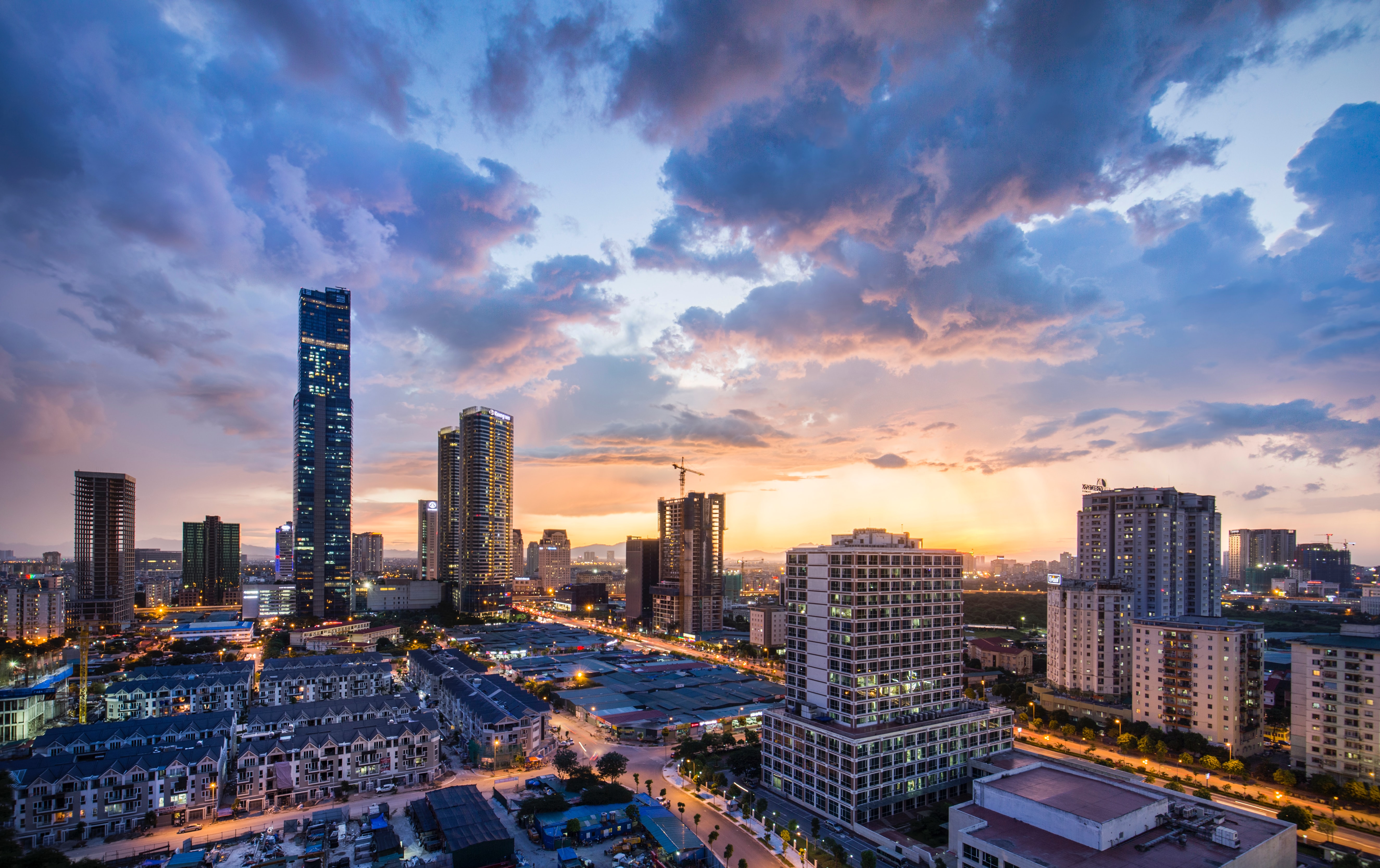
The international community has clearly seen Vietnam’s remarkable development over the past decades. Economic-political reforms in 1986 led to rapid economic growth, transforming what was then one of the poorest nations into a lower-middle-income country. Between 2002 and 2018, more than 45 million people were lifted out of poverty, significantly decreasing poverty rates from over 70% to below 6%. The GDP per capita also increased by 2.5 times, standing over US$2,500 in 2018.

Vietnam’s economic outlook is positive, despite signs of growth moderation. From its July 2019 data, the World Bank described Vietnam’s economy as “Vibrant economic growth, albeit moderating”. Following a good year in 2018, Vietnam’s real GDP growth slowed down in the first quarter of 2019. Nevertheless, growth remained significantly higher compared to the first quarter of 2016 and 2017. Moreover, real GDP growth is projected to remain robust at around 6.5% in 2020-2021 while annual headline inflation is stable for the seven consecutive years.

The country’s sustained GDP growth continues to support a dynamic labor market with strong job creation and real wage growth. Job creation remains outstanding in high productivity sectors, such as manufacturing and services, the two sectors which make up the highest GDP contributions.
However, rapid growth and industrialization have not been friendly to the environment and natural assets. This is one factor that the Vietnamese government is looking into. Despite all these, the tourism industry of the country remains excellent and booming. Hotels & Tourism is the 4th top contributor to the country’s GDP as of Q1 2019.
TOURISM IS VIETNAM’S GEM
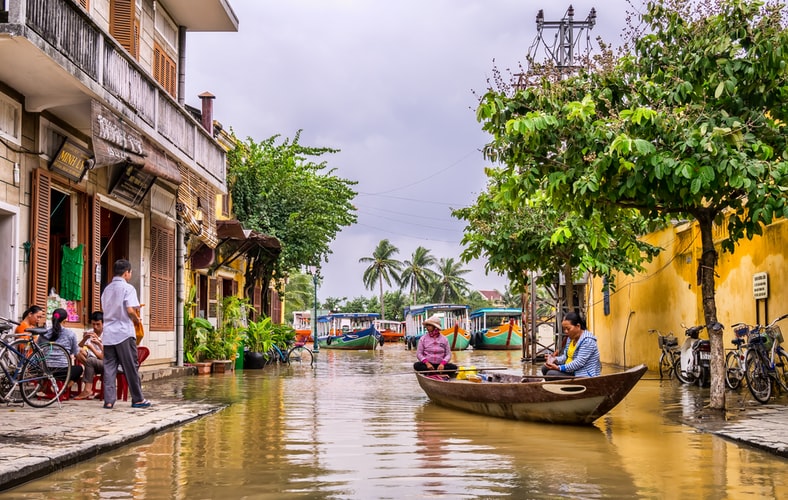
The global booming demand for tourism has created significant economic opportunities for travel destinations in Southeast Asia. The international tourism demand is projected to grow by roughly 4 percent per annum over the next decade. Southeast Asian destinations have been key beneficiaries of this demand, receiving 130 million international visitors in 2018 (9.3 percent of total global international visitor flows). The region’s share of global demand is also expected to expand further to 10.4 percent by 2030 (187 million visitors).
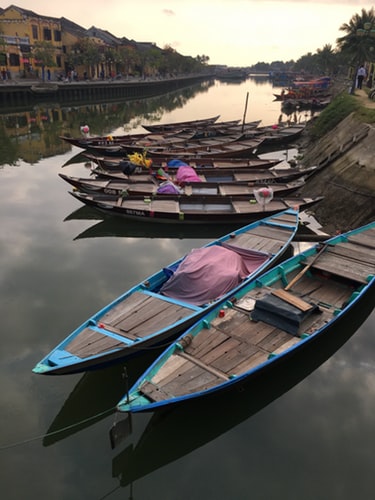
Vietnam, with its vibrant natural and cultural tourism assets, is expected to benefit from the strong market demand. According to the World Economic Forum’s (WEF) 2017 Tourism Competitiveness Index, Vietnam ranks 32nd globally (out of 120 countries) in terms of the volume and attractiveness of natural and cultural resources, and 3rd within Southeast Asia. Moreover, Vietnam is home to 8 UNESCO World Heritage sites, tied with Indonesia at the top spot for SEA. The country also has premier urban tourism destinations such as Hanoi, Ho Chi Minh City, and Da Nang, which have been growing rapidly for the past years as well.
Over the past decade, Vietnam has experienced a boom in both inbound and domestic tourism. The number of international tourist arrivals has reached nearly 14.5 million in the first 10 months of 2019 (13% more than the same period last year). Domestic tourism, which is greater in volume than inbound tourism from abroad, has experienced excellent growth as well. In 2018, there was a four-fold increase in the number of domestic traveler trips, from 20.5 million in 2008 to 80 million in 2018, manifested by Vietnam’s rapidly-growing middle class, who have a strong appetite for travel and leisure.
Vietnam’s strong inbound tourism growth has enabled it to capture a growing share of tourism demand in the region. Over both the past 5-10 years, Vietnam’s international visitor growth has consistently outranked that of its competitors in Southeast Asia. With this, Vietnam has been gradually capturing greater market share, not only of total tourism arrivals to developing Southeast Asia, but also of those to the broader East Asian region, including more developed tourism markets such as Japan, Singapore, China, and South Korea.
CHALLENGES IN VIETNAM’S TOURISM INDUSTRY

Since both international and domestic travels have grown rapidly together, tourist destinations are facing increasing over-tourism pressures, especially during high seasons. The is placing strains on Vietnam’s frequently-visited destinations due to risks of overcrowding. This also leads to other issues such as traffic congestion and pollution, particularly in already-densely populated areas. Most tourism-related infrastructure investment in recent years has focused on expanding the supply of accommodation while improvements to other facilities such as electricity, water, waste management, etc. have remained slow.

Meanwhile, the supply of tourism workers is not enough and has been increasingly unable to keep up with the demands of the growing sector. According to the Vietnam National Administration of Tourism (VNAT), the country’s tourism sector directly employed around 750,000 workers in 2017, but will need roughly 870,000 workers in 2020 to keep up with demand growth, or 40,000 per year. However, current tourism schools churn out only around 15,000 graduates nationwide each year.
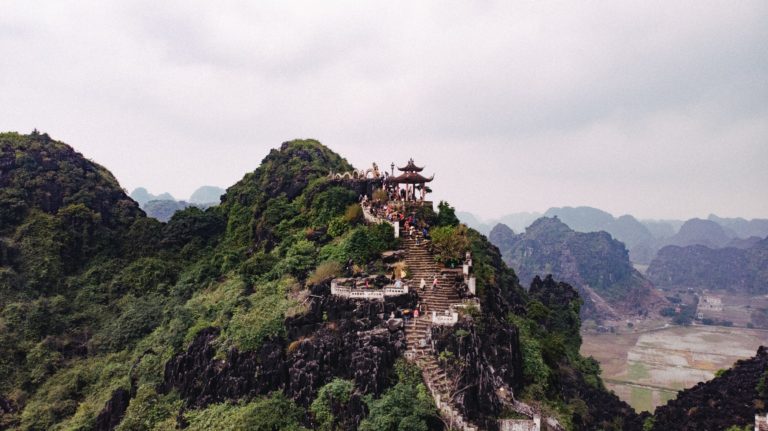
Despite this, VNAT also reported that tourism education in Vietnam has seen recent improvements. One study stated that Vietnam’s Ministry of Education and Training launched a ‘National Action for Tourism’ strategy resulting in 22,000 students entering tourism training each year in Vietnam (a 22% increase for 2010). Moreover, 80% of tourism graduates find suitable work in the industry. VNAT also claimed to now have 2000 lecturers, teaching, and management staff in tourism education at all levels. Despite all the challenges, the government of Vietnam is still continuously prioritizing tourism as a strategic sector and driver of socio-economic development.
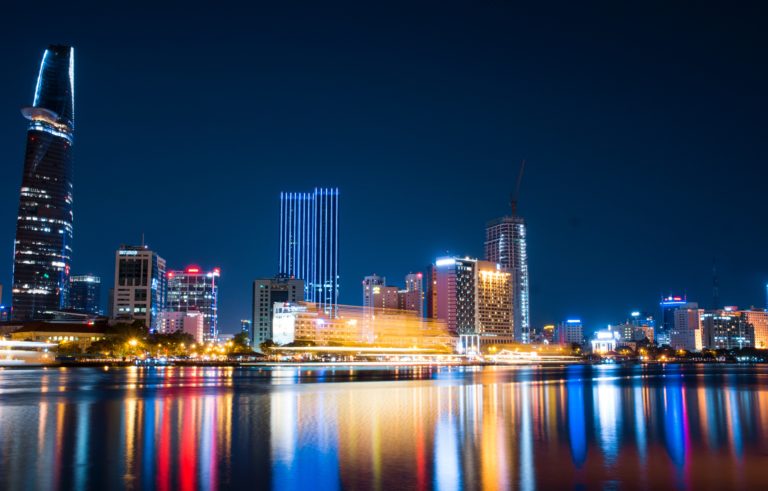
The government aims to convert tourism into a spearhead industry and Vietnam into a leading destination in Southeast Asia. This will be achieved through continuing infrastructure development, strengthening tourism promotion, generating a favorable environment for tourism businesses, developing tourism human resources, and improving State management of the tourism sector. With the government’s consistent support to its tourism industry and with Vietnam’s natural potentials, the economic challenges that the country is facing in terms of tourism are not stopping international hospitality businesses to continue expanding in this striving country. In fact, as the country has witnessed a large amount of tourist influx, so does a growth in the number of international hotel brands over the past few years.
According to the latest figures from a top consultancy firm in Vietnam, the number of international hotel operators has increased from 30 in 2010 to just short of 80 at the end of 2017. This year 2020 and in the next few years, a few more international brands are eyeing at investing more in Vietnam.


Fusion to open 10 hotels across Vietnam in the next 3 years. Fusion, the only fully vertically integrated hospitality company in Southeast Asia, is continuously expanding its presence in Vietnam by tripling the number of properties. Over the next 3 years, Fusion will launch 10 new properties, with 1,385 rooms and private villas, suites, and apartments.

Centara to open 20 hotels by 2024. Award-winning Centara Hotels & Resorts is continuing its expansion in Vietnam, with the goal of opening 20 new hotels across the country in the next few years. Targeted destinations include key economic hubs such as Ho Chi Minh City, Hanoi, and Haiphong, and other high-growth areas.

Avani announces a new beachfront resort in Nha Trang. Avani Hotels & Resorts announced the signing of an agreement with TTC Hospitality in Vietnam. Scheduled to open by mid-2020, Avani Doc Let Resort is situated along the stunning shores of Doc Let Beach in Nha Trang. Avani currently operates 27 hotels, resorts, and residences in 16 countries, including two in Vietnam.

Radisson Blu Hoi An Hotel to Vietnam by 2021. Radisson Hotel Group announced one of its newest projects, a beachfront property in Hoi An. Set to open in 2021, Radisson Blu Hoi An will be nestled directly on the soft sands of Hà My Beach, 8km from Hoi An’s UNESCO World Heritage-listed town center. With 734 rooms, suites and villas, this will become the largest property in the company’s Asia Pacific portfolio.
SMART CHOICE: BUILDING A CAREER IN VIETNAM’S TOURISM INDUSTRY
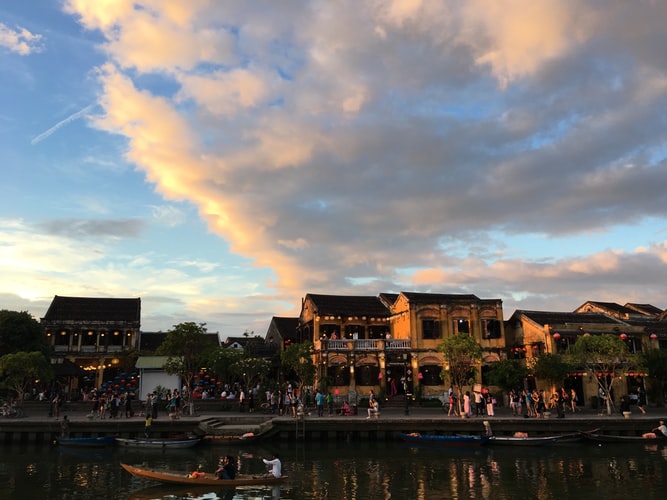
An increasing number of young adults are wanting to move abroad to start a career in a different country. In recent years, Vietnam is a destination that has been a favorite target for many travelers, expatriates, and young professionals. Among the many reasons that could justify this, affordability of living costs, various career opportunities, and vibrant culture and tourism are the top ones!
Vietnam is affordable and easy to live in
Travelers from the West or even from other Asian countries will find living in Vietnam very cheap. Tourists can enjoy an excellent meal, a comfortable accommodation, and decent basic necessities in Vietnam at a relatively very low price. This is the reason why Vietnam is considered by many travelers as one of the most cost-effective travel destinations in Asia!
Vietnam has career growth opportunities
Just like its ever-dynamic economy, various industries in Vietnam have also been striving excellently. There are many opportunities for foreigners in the country; more importantly, foreign applicants are preferred in some industries such as hospitality or tourism. Aside from the availability of various job opportunities, the salary is also not bad for foreigners. In fact, according to a survey by HSBC Expat Explorer, if you want to earn a six-figure salary, head for Asia!
Vietnam’s culture and tourism are stunning
Without a doubt, Vietnam is a haven of beautiful cultural and natural resources. With the most number of UNESCO World Heritage sites in Southeast Asia, any tourist will surely not run out of things to do or places to visit. Moreover, Vietnam’s dynamic culture in art, infrastructure, cuisine, and people is also excellent for those who want to try a different level of cultural integration!
At RMC, our Educational Travel Programs are located in strategic locations in Asia including Vietnam. We offer three (3) program options to hospitality enthusiasts who aspire to have an internship or management training experience in Asia.
Work & Travel Asia (WTA) – 2-4 months hands-on hospitality training for students who desire to broaden their experience in a new cultural setting during the Winter/Summer school break
Hospitality Internship Asia (HIA) – 4-12 months internship program for academic credits for students or recent graduates who need real work experience to enter the global workforce.
Management Training Asia (MTA) – 6-18 months career development program for recent graduates who aim to develop operational and supervisory skills as future business or company managers
This year 2020, our partner Host Organizations in Vietnam (4-5-star hotels and resorts) are on the lookout for aspiring hoteliers who are willing to support them in their operations. These properties have open internship and management training positions in the Food & Beverage, Rooms Division, and Front Office Departments.
For more Information : https://www.educationaltravelasia.org/
相關文章







